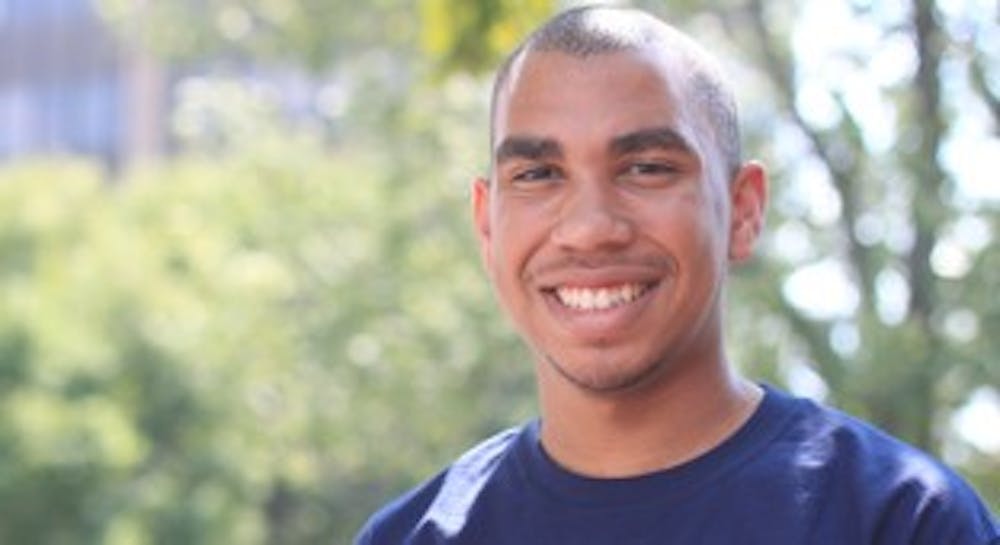In honor of Black History Month, I’d like to take a look at some accomplishments by African-Americans that are often overlooked. It seems as if every February we discuss the same landmark moments, such as the Emancipation Proclamation ending slavery.
However, black history is not all about slavery, and slavery is not all about black history. A lot of times we focus on the barriers that prevented us from advancing as a people but not how we got over those barriers.
Nigerian feminist writer Chimamanda Ngozi Adichie said, “Show a people as one thing — and as only one thing — and that is what they become.”
Sure, it is great that we have overcome obstacles as a people over the past 150 years, but I’m sure we can all agree that, as a people, we are more than that.
Many civil rights feats were accomplished in North Carolina.
The iconic 1960 sit-in led by students from North Carolina Agricultural & Technical State University in Greensboro has gone down in history books as one of the first effective events of its kind. But many years earlier in 1938 African-American students, also from Greensboro, initiated a theater boycott to protest the imbalance of race in the movies that were being shown.
Specifically, there is an amount of rich black history that is not only completely relevant to our state but to our UNC community as well.
In 1964, the first black recipient of a law degree at UNC, Floyd McKissick, participated in a march down Franklin Street in order to get Chapel Hill to fully desegregate restaurants and other public venues. The march’s protesters sat down in the middle of the street, which interrupted the traffic for a basketball game that afternoon. Many were arrested.
In 1968, the Black Student Movement presented Chancellor J. Carlyle Sitterson with a list of 23 demands to improve the academic and social experience for black students on campus.




